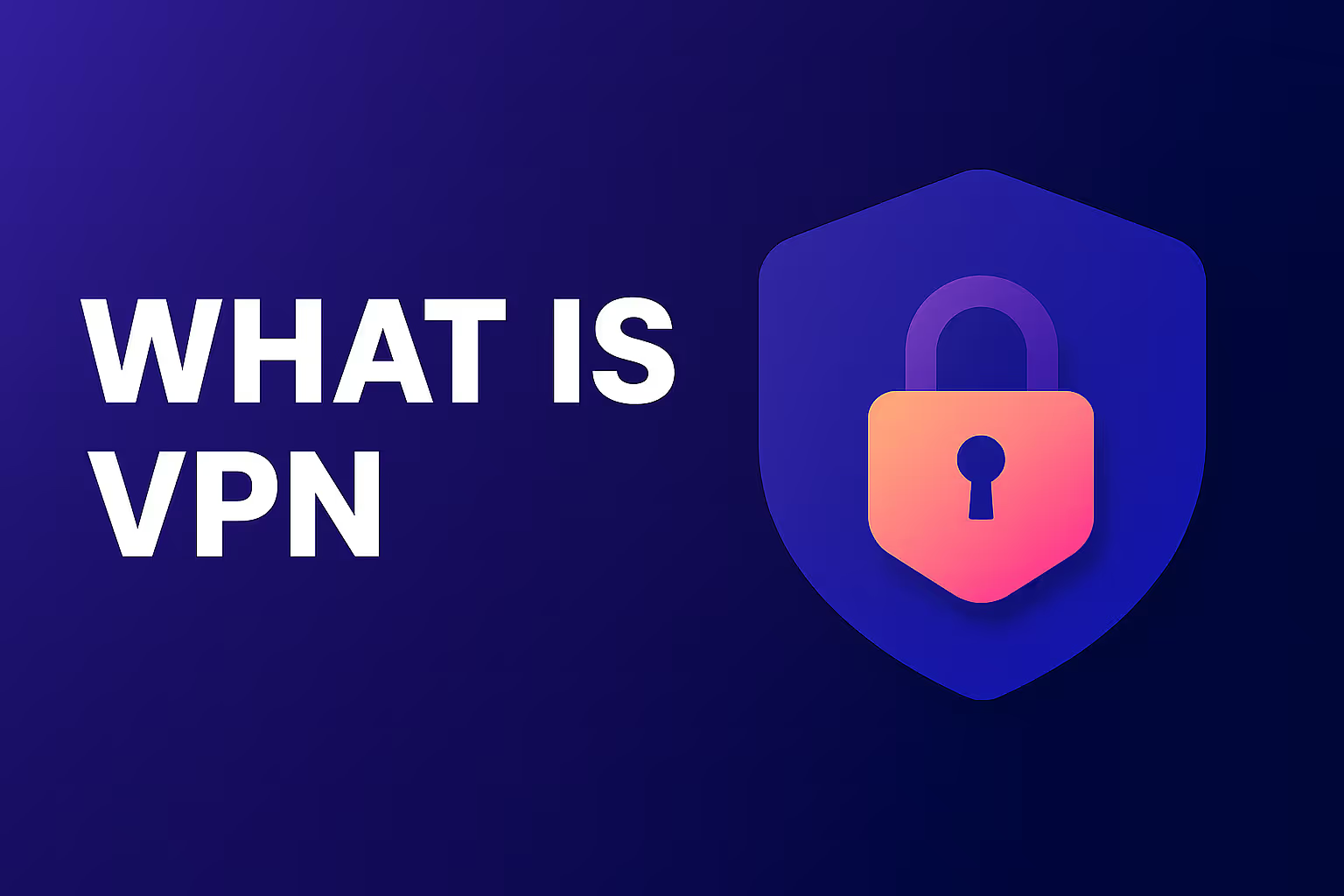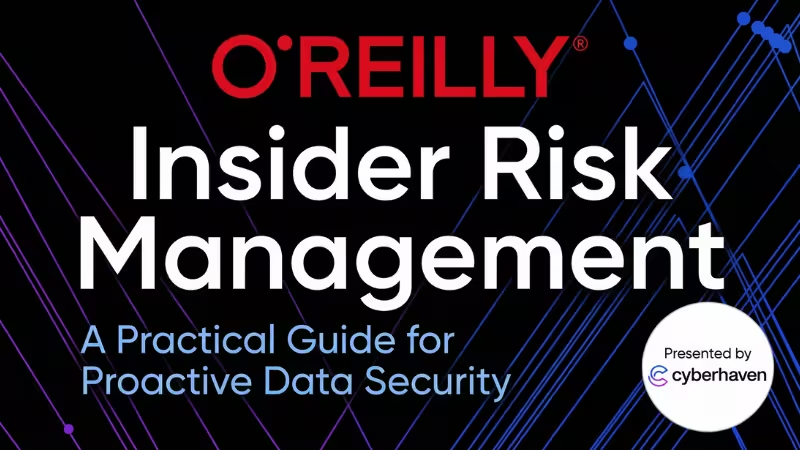A VPN, or Virtual Private Network, creates an encrypted tunnel between your device and the internet to protect your data, hide your IP address, and bypass geo-restrictions. It is an essential tool for enhancing privacy, securing public Wi-Fi connections, and maintaining online freedom in an era where digital surveillance and data collection are the norm.
Introduction
In the ever-evolving landscape of internet security, the term VPN has become almost as common as Wi-Fi. VPN stands for Virtual Private Network, and despite sounding highly technical, its purpose is surprisingly straightforward. A VPN is a technology that creates a secure, encrypted connection between your device and the internet. Think of it as a private tunnel within the public internet that prevents anyone from peeking inside to see what you’re doing. When you use a VPN, your internet traffic is routed through this tunnel to a server operated by the VPN provider. From there, it exits onto the wider internet as if it originated from that server rather than your actual location.
This means that when you’re browsing online, your IP address, which identifies your device and can reveal your approximate location, is hidden and replaced by the IP address of the VPN server. This prevents websites, advertisers, internet service providers, and even potential cybercriminals from seeing your true identity and location. VPNs have long been used by corporations to enable employees to securely connect to company networks from remote locations. However, in recent years, VPN usage has exploded among individuals who want to protect their privacy, bypass regional restrictions, or safeguard their data while using public Wi-Fi networks.
How Does a VPN Work?
To understand how a VPN works, it’s useful to think of the internet as a vast highway system. When you connect to the internet without a VPN, your data travels openly along these highways, visible to anyone with the capability to monitor the traffic. This includes your ISP, hackers lurking on public networks, and various surveillance entities. However, when you use a VPN, your data enters an encrypted tunnel before it gets onto the public highways. This tunnel is created using secure communication protocols such as OpenVPN, WireGuard, or IPSec, which are designed to prevent any unauthorised access or interception.
The encryption process ensures that even if someone were able to tap into your traffic, all they would see is gibberish – an unreadable stream of encrypted data. Once your data reaches the VPN server, it exits onto the internet, appearing to originate from that server rather than your own device. This process masks your IP address and replaces it with one belonging to the VPN provider, effectively hiding your online activities and identity.
This mechanism is what makes VPNs so effective at bypassing regional restrictions. For example, if you’re in the UK and connect to a VPN server located in the US, websites will see your traffic as coming from the US rather than the UK. This allows you to access content that is otherwise geo-restricted to specific regions. Moreover, by encrypting your data before it leaves your device, VPNs protect it from potential eavesdropping, especially on public Wi-Fi networks where man-in-the-middle attacks are common.
Key Benefits of Using a VPN
The primary advantage of using a VPN is enhanced privacy. In today’s digital world, almost every website and service collects data on user behaviour for advertising, analytics, or security purposes. When you use a VPN, your actual IP address is hidden, making it much harder for websites to track your browsing behaviour across the internet. This prevents the creation of detailed user profiles that advertisers often rely on to serve targeted ads.
Another significant benefit of VPN usage is improved security, particularly on public Wi-Fi networks. Public Wi-Fi, whether at cafes, airports, or hotels, is notorious for its lack of security. These networks are often unencrypted, making it trivial for malicious actors to intercept your data using simple tools. When connected to a VPN, your data is encrypted before it even reaches the Wi-Fi network, preventing hackers from stealing sensitive information such as passwords, emails, or credit card details.
VPNs also enable users to bypass geo-restrictions and censorship. Many streaming services limit their content libraries based on region due to licensing agreements. A VPN allows users to appear as though they are accessing the internet from another country, unlocking content that would otherwise be unavailable. This same capability is invaluable for individuals in countries with strict internet censorship. By connecting to VPN servers in different countries, they can access blocked websites and communicate freely without fear of surveillance or reprisal.
Additionally, VPNs can help prevent bandwidth throttling by ISPs. Some ISPs intentionally slow down connection speeds when they detect data-heavy activities such as streaming or torrenting. Since VPNs encrypt your traffic, your ISP cannot see what you’re doing, making it more difficult for them to selectively throttle your connection based on activity type.
Common Use Cases for VPNs
One of the most common uses of VPNs today is for remote work. With the rise of hybrid and fully remote work models, employees often need to connect to their corporate networks from home or while travelling. VPNs provide a secure way to access company resources without exposing sensitive data to the public internet. Businesses typically deploy remote access VPNs that authenticate users and encrypt traffic between their device and the corporate network, ensuring data remains confidential and protected against interception.
Travellers also frequently use VPNs to maintain access to their usual services while abroad. For instance, banking websites or streaming services might block logins from foreign IP addresses as a security measure. Using a VPN to connect to a server in their home country ensures seamless access without triggering security warnings or restrictions.
Streaming enthusiasts rely on VPNs to bypass geographical restrictions and access content libraries from different regions. For example, Netflix offers different shows and movies depending on the country. By connecting to VPN servers in various countries, users can explore and enjoy a broader range of content.
Another growing use case is online shopping. Some websites adjust prices based on your location, a practice known as dynamic pricing. Using a VPN to appear as though browsing from different regions can sometimes reveal better deals on airline tickets, hotel bookings, or digital services, potentially leading to substantial savings.
Types of VPNs
There are several types of VPNs, each designed for specific use cases. Personal VPNs, also known as consumer VPNs, are the services most people think of when they hear the term VPN. These are apps or services that individuals use to encrypt their internet traffic, hide their IP address, and bypass regional restrictions. They are typically subscription-based and easy to install on devices such as smartphones, laptops, and tablets.
Remote access VPNs are commonly used by businesses to allow employees to securely connect to the corporate network from remote locations. This setup ensures that sensitive company data remains protected even when accessed from outside the office. Remote access VPNs require proper authentication and are often integrated with company identity management systems to ensure only authorised personnel can connect.
Site-to-site VPNs are used to connect entire networks located in different geographical locations. For example, a company with offices in New York and London might use a site-to-site VPN to securely connect their networks, allowing employees in both locations to access shared resources as if they were on the same local network. Site-to-site VPNs are essential for multinational organisations that require secure, seamless connectivity between different branches.
Limitations and Considerations
Despite their benefits, VPNs are not without limitations. One of the most common issues users face is a reduction in internet speed. Because VPNs encrypt your data and route it through remote servers, there is often an overhead that can slow down your connection. The extent of this slowdown depends on the encryption protocol used, the distance to the VPN server, and the server load. Premium VPN providers typically invest in high-performance infrastructure to minimise speed reductions.
Another important consideration is the trustworthiness of the VPN provider. While VPNs protect your data from ISPs and other external parties, your traffic still passes through the VPN provider’s servers. This means you are effectively transferring trust from your ISP to the VPN provider. It is critical to choose a provider that has a strict no-logs policy, meaning they do not record or store your browsing data. Unfortunately, some VPN providers have been found to log user data despite claiming otherwise, which can pose serious privacy risks.
Legal and compliance considerations also come into play when using VPNs. In some countries, VPN usage is heavily restricted or outright banned. Governments impose these restrictions to control access to information and prevent circumvention of censorship. Using a VPN in such jurisdictions can lead to fines or legal action. It is always advisable to understand the local laws regarding VPN usage before connecting to a VPN in foreign countries.
Choosing the Right VPN Service
Selecting the right VPN service requires careful consideration of several factors. Security features should be your top priority. Look for VPNs that use strong encryption protocols such as OpenVPN or WireGuard and offer features like a kill switch, which automatically disconnects your device from the internet if the VPN connection drops, preventing data leaks. Leak protection against DNS, IPv6, and WebRTC leaks is also important to ensure your IP address remains hidden at all times.
The location of VPN servers plays a significant role in performance and usability. A provider with servers in multiple countries gives you the flexibility to access content from various regions and choose the nearest server for optimal speed. If you plan to use a VPN for streaming, ensure the provider has servers in the countries where your desired content is available.
User experience is another crucial factor. The VPN should be easy to install and use across your devices. Check whether the provider offers apps for your operating systems and how many simultaneous connections they allow. Good customer support is essential in case you encounter technical issues or need assistance with configuration.
Finally, consider the provider’s reputation and privacy policies. Read independent reviews and audits to ensure their no-logs claims are legitimate. Avoid free VPNs, as they often monetise their services by collecting and selling user data, defeating the purpose of using a VPN for privacy.
Conclusion
In the digital era where privacy and security are increasingly under threat, VPNs have become indispensable tools for both individuals and organisations. They protect your online activities from prying eyes, secure your data on vulnerable networks, and grant you the freedom to access content without geographical restrictions. However, like any security technology, their effectiveness depends on correct usage and choosing a trustworthy provider. By understanding what a VPN does and how it works, you empower yourself to make informed decisions that enhance your privacy, security, and online freedom in a world that is constantly connected and surveilled.







.avif)
.avif)
